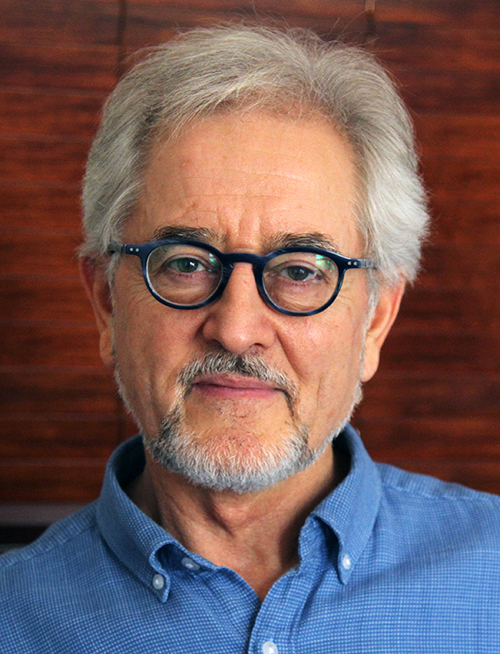The gap between our income and ego
Is money linked to our ego? It’s a question that invites us to reflect on the deeper motivations behind our financial decisions. Morgan Housel, in his thought-provoking way, suggests that "savings is the gap between your income and your ego."
This statement can be confronting, especially because it challenges us to consider the extent to which our financial behaviours are driven by a desire to maintain or enhance our sense of self-worth. While Housel’s observation holds some truth, it’s important to recognise that the relationship between money, ego, and personal fulfilment is far more nuanced than it first appears.
At first glance, the idea of adopting a low-ego, high-humility approach to wealth-building might seem like the most logical path. The reasoning is simple: by curbing spending driven by ego and instead focusing on saving and investing, we can accelerate our journey toward financial independence. This approach, however, can sometimes feel overly simplistic. It suggests that ego is inherently detrimental to financial success and overlooks the complex ways in which our values, purpose, and sense of fulfilment intersect with our spending choices.
For many, spending isn’t merely about satisfying an inflated sense of self-worth. It’s deeply intertwined with values, purpose, and the pursuit of personal fulfilment. Consider, for example, someone who chooses to invest in high-quality experiences or products—not to showcase their wealth, but because these choices align with their core values or bring them a deep sense of joy and meaning. In such cases, spending is not just about ego; it’s about living in alignment with what truly matters to them.
This brings us to the essential concept of balance. Financial independence isn’t just about cutting expenses to the bone or maximising wealth accumulation. It’s about ensuring that our financial decisions reflect both our personal values and long-term goals. When our spending is aligned with what we value most, money becomes more than just a means to an end; it becomes a tool that helps us lead a life filled with purpose and fulfilment. It’s not about living frugally for the sake of frugality, but about making intentional choices that serve our deeper aspirations.
This balance is critical because it acknowledges that wealth and fulfilment are not mutually exclusive. It’s possible to spend on things that matter to us—whether it’s on quality, experiences, or passions—without compromising our long-term financial goals. This requires a strategic financial plan that accounts for these intentional choices, allowing us to enjoy the fruits of our labour while still securing our financial future.
Understanding the link between money and ego is part of a larger journey toward self-awareness and intentional living. It invites us to examine where ego may be driving our financial decisions and where our spending truly reflects what we value most. By doing this inner work, we can create a financial plan that doesn’t just aim for wealth accumulation but also for a life that feels rich in purpose and fulfilment. In this way, money serves its highest purpose—supporting a well-lived life with balance, intention, and clarity.






0 Comments